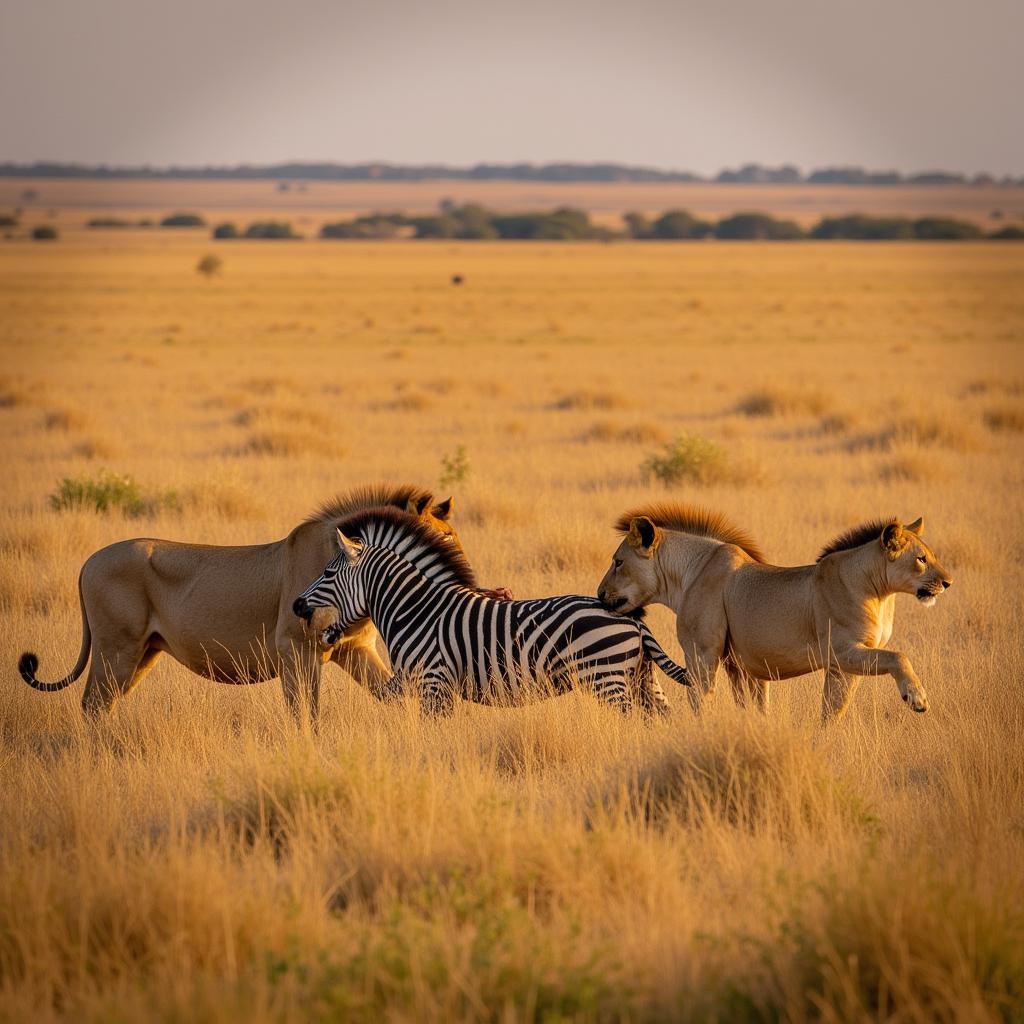The African Court on Human and Peoples’ Rights: A Comprehensive Guide
The African Court On Human and Peoples’ Rights is a continental court established to ensure the protection of human and peoples’ rights in Africa. This article delves into the court’s history, jurisdiction, and impact, providing a comprehensive understanding of its role in upholding human rights across the continent.
The African Court on Human and Peoples’ Rights was established in 1998 under the Protocol to the African Charter on Human and Peoples’ Rights. It serves as a crucial mechanism for individuals and NGOs to seek redress when their rights are violated. The court complements the work of the African Commission on Human and Peoples’ Rights, which primarily focuses on promotional and investigative activities. Understanding the workings of the African Court on Human and Peoples’ Rights is essential for anyone interested in human rights law and advocacy in Africa. You can find more information about the court at african court on human and peoples rights.
The Jurisdiction and Powers of the African Court
The African Court’s jurisdiction covers all cases and disputes submitted to it concerning the interpretation and application of the African Charter on Human and Peoples’ Rights, the Protocol, and any other relevant human rights instrument ratified by the states concerned. This includes violations of civil and political rights, as well as economic, social, and cultural rights. The court has the power to issue binding judgments against states found to be in violation of the Charter and can order reparations for victims.
What human rights does the African Court protect?
The African Court protects a wide range of human rights, including the right to life, freedom from torture, freedom of expression, the right to a fair trial, and the right to education.
Accessing the African Court on Human and Peoples’ Rights
Individuals and NGOs can bring cases before the African Court. However, access requires that the state involved has ratified the Protocol establishing the Court and has made a declaration accepting the Court’s jurisdiction to receive cases from individuals and NGOs. This declaration is a key element in ensuring access to justice for victims of human rights violations.
Challenges and Future of the African Court on Human Rights
While the African Court plays a vital role in protecting human rights, it faces challenges. These include limited resources, a low number of state ratifications of the Protocol, and the reluctance of some states to implement the Court’s judgments. Addressing these challenges is crucial for strengthening the Court’s effectiveness and ensuring its long-term impact. You can learn more about challenges faced by the court at the african court of human rights.
Case Studies and Landmark Decisions
The African Court has delivered several landmark judgments that have advanced human rights jurisprudence in Africa. These cases cover various issues, including freedom of expression, electoral reforms, and the rights of marginalized groups. Examining these cases provides valuable insights into the Court’s impact and its ongoing evolution.
“The African Court’s judgments are shaping the landscape of human rights protection in Africa,” says Dr. Abena Busia, a renowned human rights scholar and advocate. “Its decisions set important precedents and offer hope for victims seeking redress.”
The Relationship with Other Human Rights Mechanisms
The African Court works in conjunction with other international and regional human rights mechanisms, including the African Commission on Human and Peoples’ Rights and the United Nations human rights system. This collaboration strengthens the overall framework for human rights protection and promotes a more comprehensive approach to addressing human rights violations. Learn more about other related bodies at the african court of justice and human rights.
“Collaboration between different human rights bodies is vital for effective human rights protection,” states Professor Chikosa Silungwe, a prominent legal expert on international human rights law. “A unified approach ensures a more robust response to human rights abuses.”
In conclusion, the African Court on Human and Peoples’ Rights plays a crucial role in upholding human rights in Africa. While challenges remain, the Court’s contribution to advancing human rights jurisprudence and providing redress for victims is undeniable. Continued support and engagement with the Court are essential for its future success and for the realization of human rights for all Africans.
FAQ
- What is the role of the African Court on Human and Peoples’ Rights?
- How can individuals access the African Court?
- What are some of the key challenges facing the African Court?
- What is the relationship between the African Court and the African Commission on Human and Peoples’ Rights?
- How does the African Court contribute to the broader human rights landscape in Africa?
- Where is the African Court located?
- What are some notable cases decided by the African Court?
Scenarios
- An individual whose freedom of expression has been violated by their government.
- An NGO seeking to challenge discriminatory laws in a particular African country.
- A community whose land rights have been infringed upon by a corporation.
You may find more information about internships at the african court on human and peoples rights internship. You can also learn more about past moot court competitions related to human rights such as the african human rights moot court competition 2016.
Further Exploration
Explore other articles on our website related to human rights law in Africa, international criminal justice, and related topics.
Need support? Contact us 24/7: Phone: +255768904061, Email: [email protected], or visit us at Mbarali DC Mawindi, Kangaga, Tanzania.
